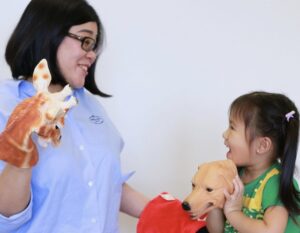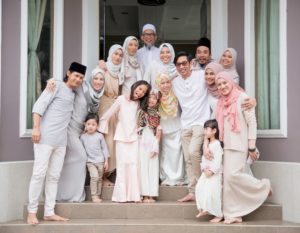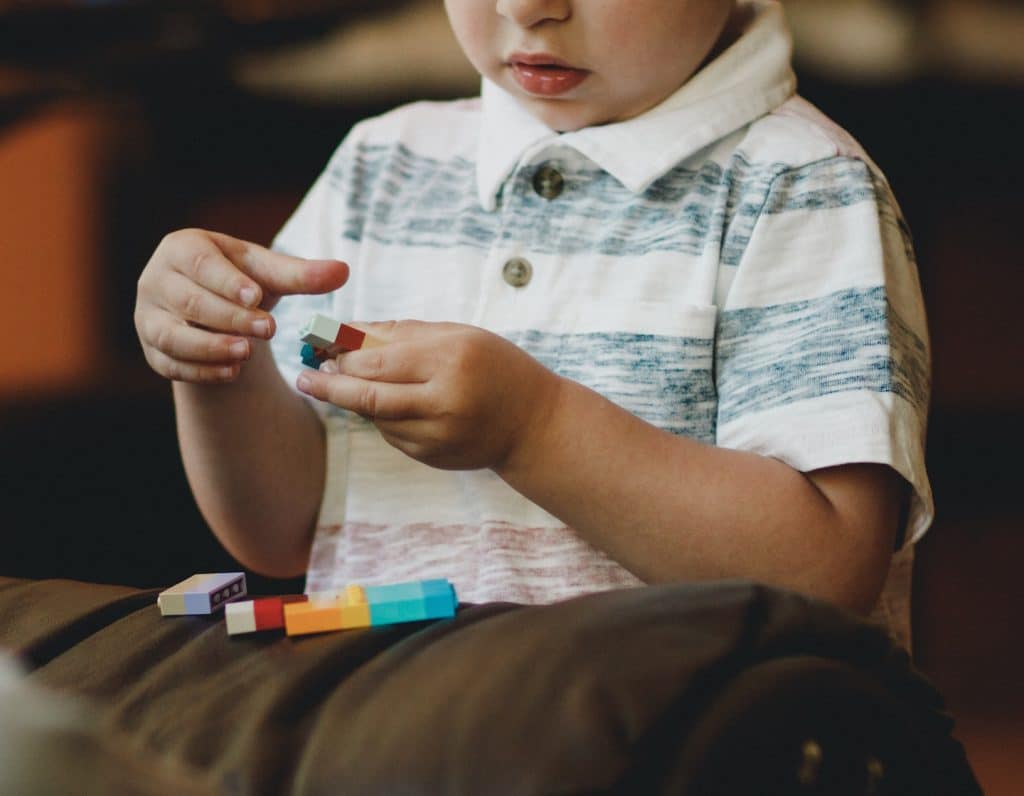
 Post Category - ParentingParenting
Post Category - ParentingParentingWhat do you know about gifted education in Singapore, mama? Do you think your child might be gifted? One mama shares her story and advice for supporting her son’s special talents
Does your baby or child ever seem just…different? Perhaps they are particularly observant, or they seem to focus with extra intensity on certain tasks or projects. Maybe they are highly sensitive in social situations. These could all be indicators that your child is gifted.
According to Singapore’s Ministry of Education:
“The term ‘gifted’ is used to include many kinds of strengths. However, there are a few broad areas in which giftedness can show itself. They are intellectual ability, leadership ability, talent in art and music, and psychomotor ability.”
Mama Melanie Yates kindly shares her family’s story with us below, from the process to identify their son as gifted to how they support him emotionally and ensure he’s sufficiently challenged in the classroom. We also hear from three international schools with further advice and perspectives on how parents can support their gifted kids and nurture their talents.
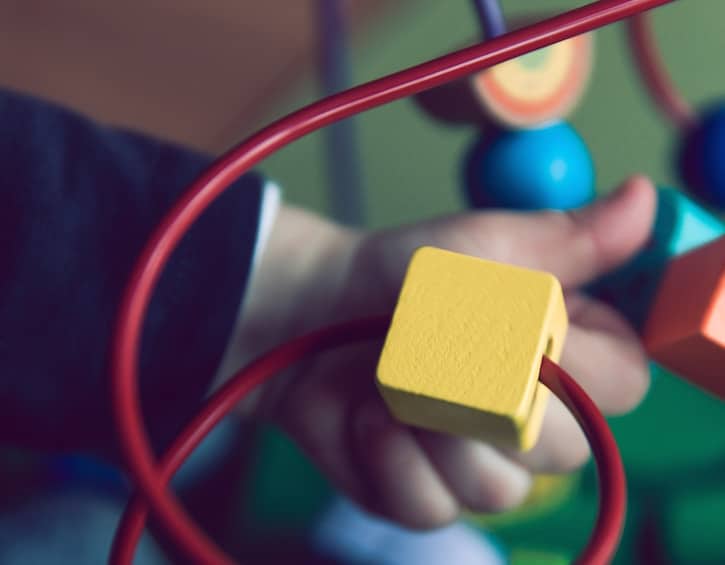
My son Harry was a highly sensitive baby pretty much from the time he was born. He appeared to be very observant from very young, and found a variety of situations difficult e.g. being in a busy social environment.
As a new mommy this was quite tough, as I desperately wanted to be out and about meeting up with other mommies. He began talking in sentences from 18 months and appeared to comprehend much of what was going on around him. He showed signs of being anxious and highly sensitive, which was the initial reason we sought help when he was 3 years old.
We initially consulted with play/behavioural therapist Vinti Mittal of SACAC Counseling, who provided us with valuable strategies to help us as a family cope and manage Harry’s anxieties. At the same time, she also worked with him 1:1 and she highlighted that she thought he was highly intelligent.
Read more: How Play Therapy Helped my Daughter, and Our Family
When he was 5 we returned to the same play therapist for some additional strategies to help him manage his social anxieties. She then suggested a full educational psych analysis. After meeting with Dr. Louise McCauley-White of Cognitive Health Singapore, results from the assessment showed that Harry fell in the gifted range.
It was explained to us that often children who are very intelligent or gifted experience anxiety for a variety of reasons. She suggested books to read, strategies for home and for the classroom. Harry is now almost 7 and thankfully he has had very supportive teachers at Dover Court International School who have supported his learning and always provided him with additional challenges in the classroom.
Read more: Special Education and Special Needs Schools in Singapore
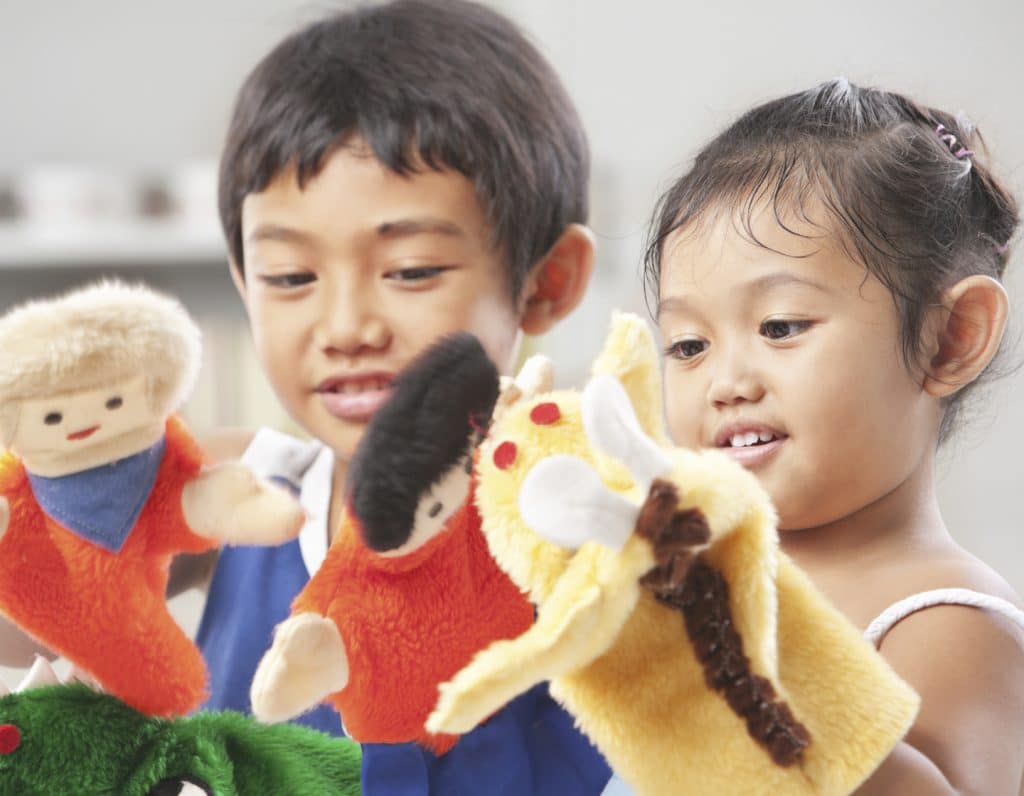
They have also been extremely supportive in encouraging and providing opportunities for him to develop his social skills and build strong friendships. Currently his school and his teachers are providing him with enough stimulation that we have not yet needed to seek outside activities. He is still young, so figuring out his exact talents are in its infancy although we do know he is a maths whizz!
In addition, Laura Nash from Tree of Life Play Therapy has ben seeing him once a week for almost 20 weeks and the changes in Harry have been remarkable.
I would highly recommend having your child assessed if you suspect he or she is gifted because it helps you understand the way they think and what they made need in terms of stimulation. It also helps your class teacher better plan for you child to ensure they are working at a level that is challenging enough.
Thanks so much for sharing your experience, Mel! We also reached out to schools across Singapore and received some really interesting feedback and advice from schools about how parents can identify and nurture their kids’ talents. It seems personalised learning is a key educational trend that helps to support every child’s individual gifts. Below are three schools’ takes on it. And if your children attend local schools, you can find out lots more information about the MOE’s outstanding Gifted Education Programme – including how students are identified for it – by clicking here.
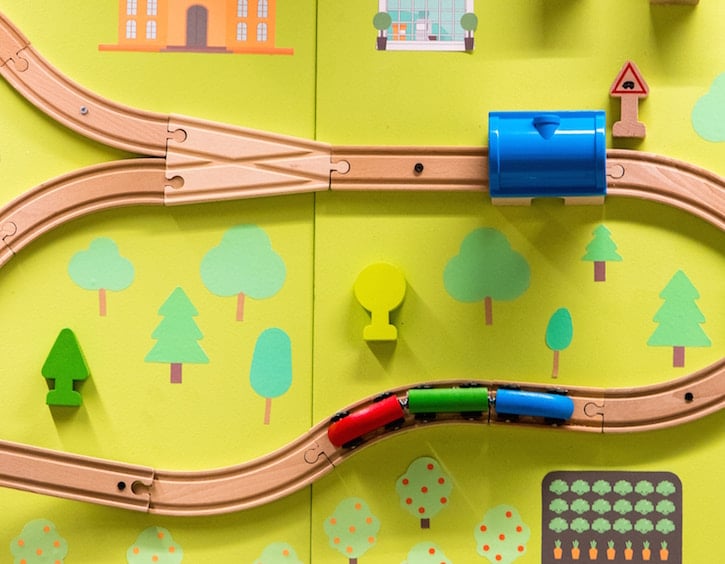
What advice do you have for parents in Singapore who suspect their child is gifted?
“When your child is young they are passionate about a lot of things, encourage them to explore these and have fun. As they start growing up, start to narrow their choices in what your child is good at, and willing to put effort and hard work in.”
–Ivan Bunakov, Aquatics Director at Nexus International School (and co-coach/husband to a former Olympic swimmer!)
“Start a portfolio by collecting Pictures, Drawing and Projects done by your child. S/he has a unique way of learning and mainstream school (standard) assessments might not be suitable to identify and teach his/her uniqueness.
Join Gifted Parents’ Groups, ask for advice from Mensa Singapore, or arrange a visit to a School for the Gifted to get a better understanding on what would suit your family.
Have your child assessed by a licensed psychologist (see Mel’s tips on this above). The psychologist will assess each kid through play and chit-chat. The idea of getting the child assessed is to help the parents, teachers and school management to understand the child better so as to provide more appropriate support for the child. But do not get hung up on the final score, as it serves no purpose how to better support your child.
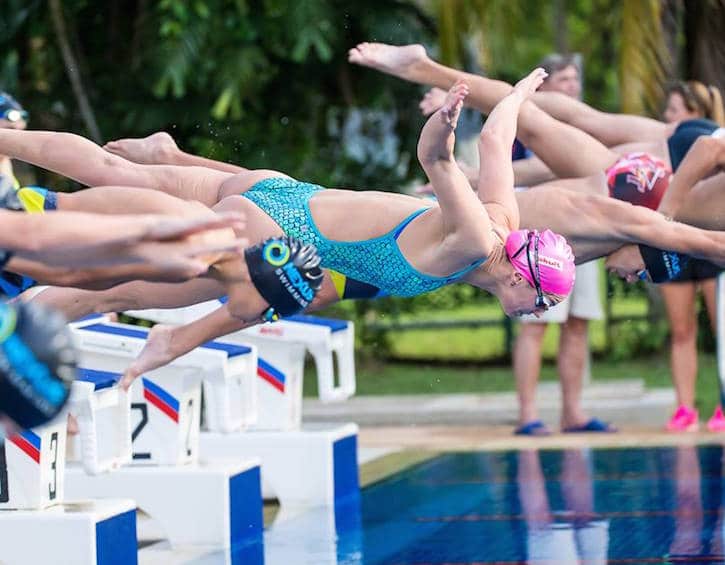
How do you work with parents to support gifted students’ needs?
“We are always transparent with our parents; we know it takes a whole family to support our swimmers. We discuss future opportunities beyond training tactics and current competitions. We work with specialists in nutrition, sports science, yoga and fitness to give our children a balanced and well-rounded support plan.”
-Ivan Bunakov, Nexus International School
“At The Explore School House, we have small class size and do not put a ceiling on how much a child can grow. If a 7-year-old is able to grasp maths concepts at high school level, we will support him/her at that level and still allow him/her to grow at his/her own pace in other areas.
We assess each child on an ongoing basis through observations, case discussion or interdisciplinary projects, and work with parents to determine a course to develop each child’s skills and characters. We then track the child’s progress with a Personal Development Plan and continuously have an open discussion with everyone involved, including the child.
The Explore School House partners with parents to instill a consistent environment both at home and in school to develop each child’s strengths and growth areas. These strengths and growth areas are not necessarily in academic subjects as we focused on the holistic development of the child. Many times, strengths can be in Leadership or Creativity, and growth areas can be in Independence or Empathy.”
–The Explore Schoolhouse
Interestingly, another school with an emphasis on personalized learning, Singapore American School, takes a different view of “gifted” and how best to nurture a student’s talents:
“We believe every single students brings their own talents, gifts, and interests to our community of learners and that it’s our job as educators to help them find, refine, and develop them. The wide array of courses, clubs, independent study options, Catalyst programs, iTime/Genius Hour, TRi Time etc… gives every student the ability to develop their talents and interests because every student has talents, interests and gifts.”
Here’s to nurturing our children’s talents, mamas!






 View All
View All




 View All
View All









 View All
View All



